Germany DDR year 1950 First of May Celebrations MNH
the single commemorative stamp issued by the German Democratic Republic (DDR), also known as East Germany, in 1950 for the May Day holiday.
Here are the details for the stamp:
| Detail | Information |
| Topic | 60th Anniversary of the 1st of May Celebrations (60 Jahre 1. Mai / Tag der Arbeit) |
| Denomination | 30 Pfennig (30 Pf) |
| Color | Carmine Red (or carmine red/red) |
| Date of Issue | May 1, 1950 |
| Michel Catalogue No. | 250 |
| Designer | Wilhelm Nix |
| Design | The stamp features a graphic design of a globe with the sun rising over it, and the inscription “1. Mai” (May 1st) prominently displayed. This symbolized the dawn of a new era for workers and the socialist movement. |
| Quantity | The stamp had a relatively small issue quantity of 1,000,000 copies. |

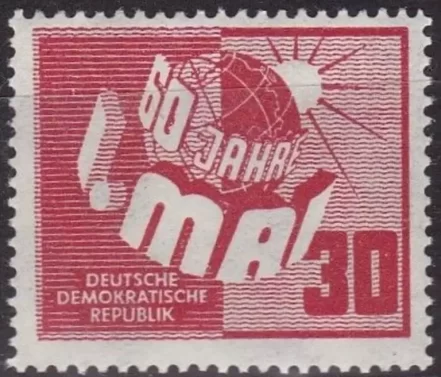
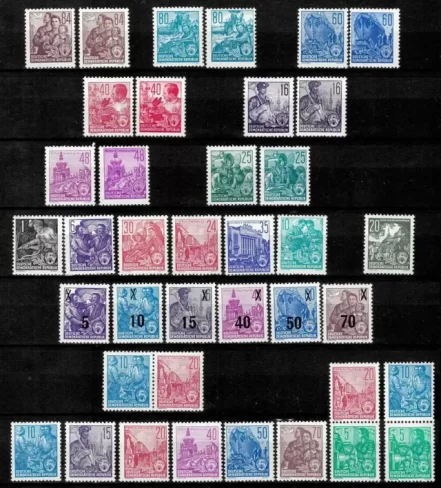
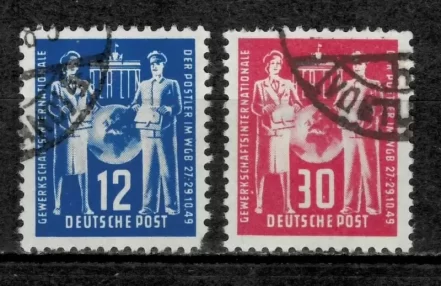
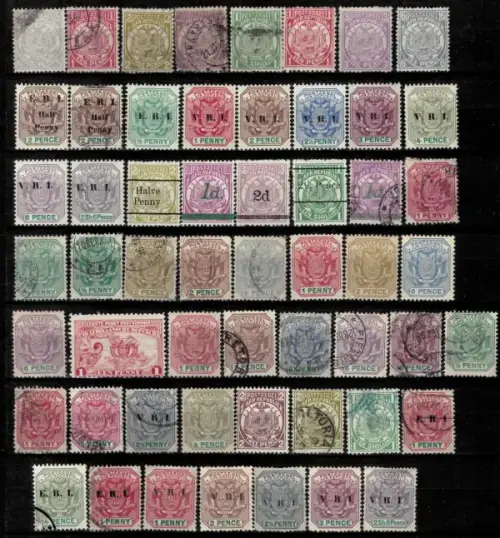


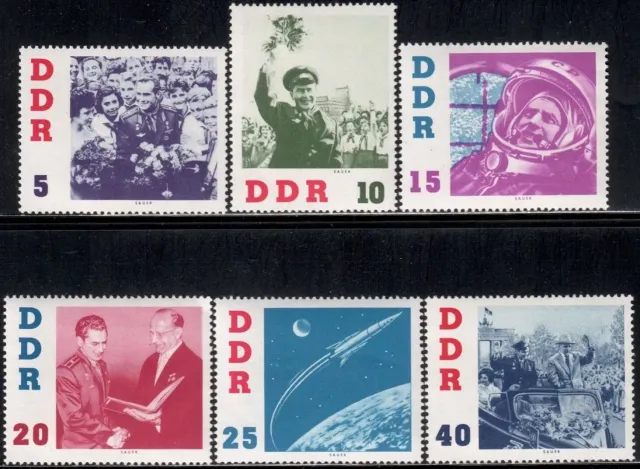

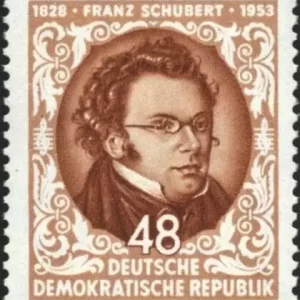
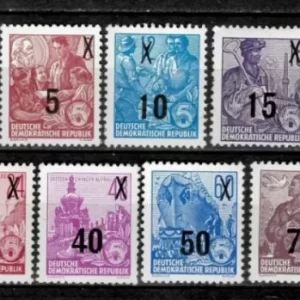
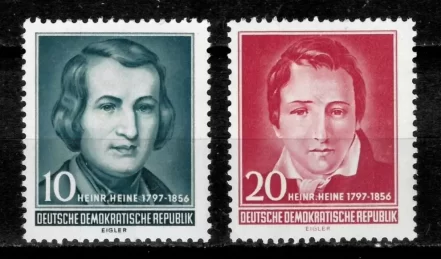
Reviews
There are no reviews yet.